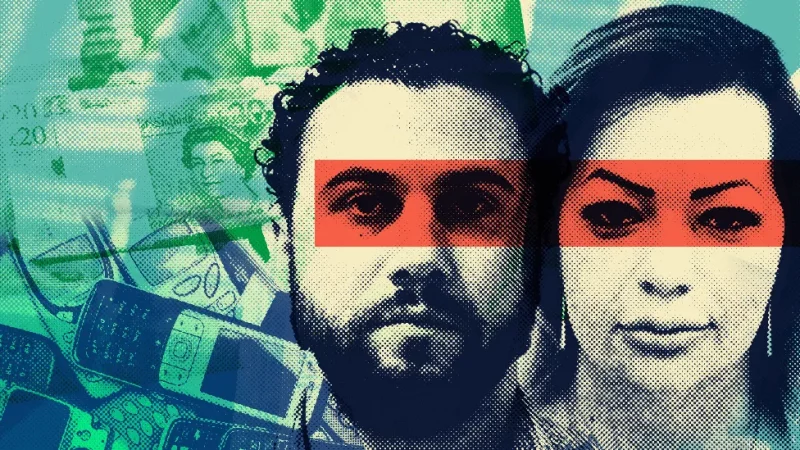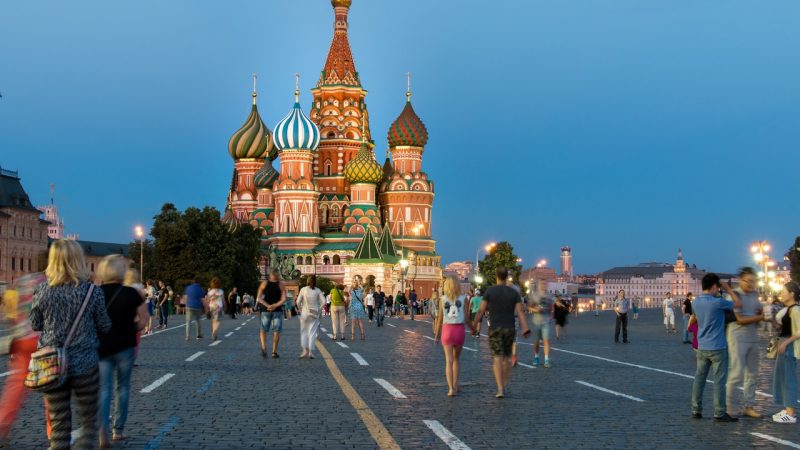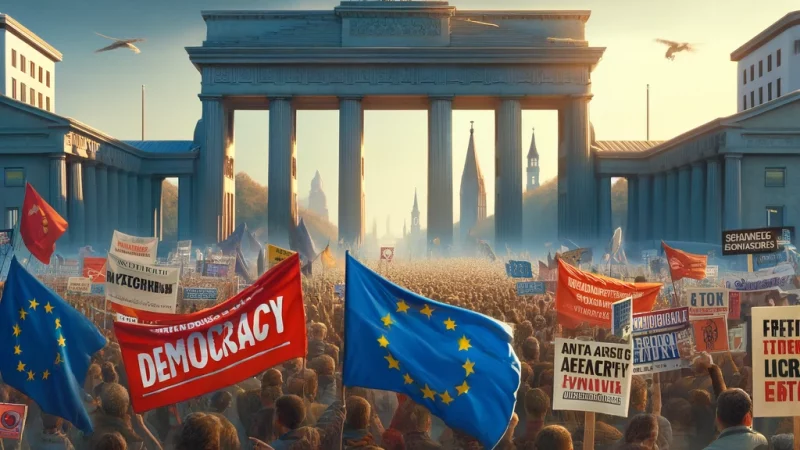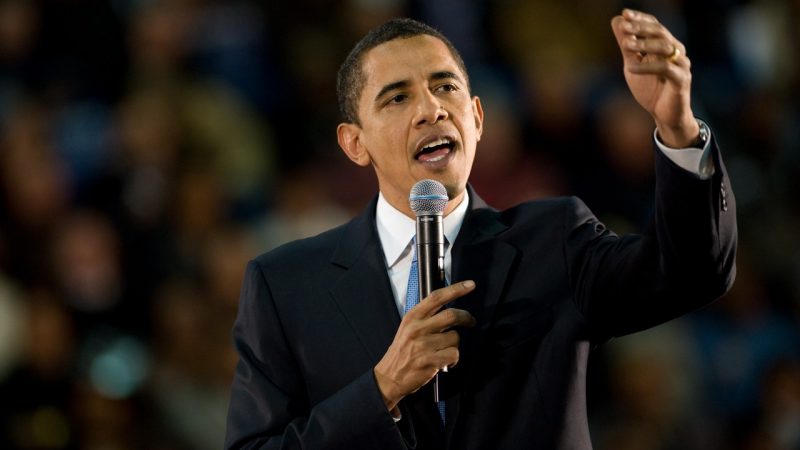Assassination Attempt on Slovakian Leader Robert Fico Raises Global Concerns
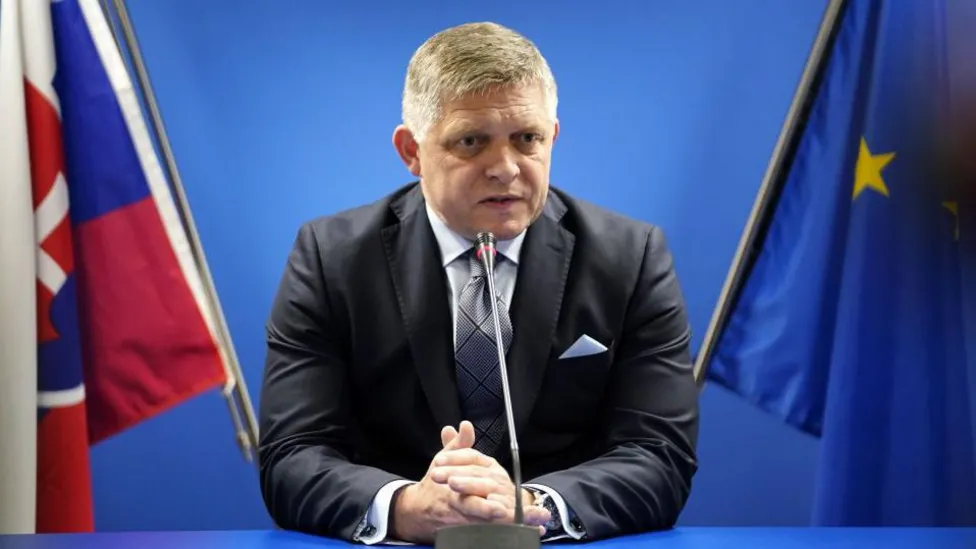
In a significant and alarming development, an assassination attempt has been made on Robert Fico, the leader of Slovakia. This incident has drawn international attention, particularly because of Slovakia’s unique stance on global matters, including its response to the coronavirus pandemic and its foreign policy alignment.
Slovakia’s Unusual Stance During the Pandemic
During the coronavirus pandemic, Slovakia, under Fico’s leadership, took a notably skeptical stance on the widespread adoption of vaccines. The Slovak government expressed concerns about the safety and efficacy of the COVID-19 vaccines, citing potential adverse events and questioning the clinical trial processes. This position set Slovakia apart from many other nations, which were quick to endorse and mandate vaccinations as a primary tool to combat the pandemic.
Pro-Russian Alignment
Adding to the controversy, Robert Fico has been an outspoken supporter of Russian President Vladimir Putin. This support extends beyond rhetoric, as Slovakia has resisted joining EU sanctions against Russia and has maintained its energy contracts with the Russian state. Fico’s stance has made Slovakia an outlier within the European Union, aligning more closely with Hungary’s Viktor Orbán, who similarly opposes EU sanctions and maintains a pro-Russian stance.
The Assassination Attempt
The assassination attempt on Fico, a figure who has served as Slovakia’s prime minister three times since founding the SMER-SD party in 1999, has prompted a flurry of media coverage. While details about his condition remain sparse, the attempt itself underscores the volatility and tension within Slovakian politics. Some commentators have described Fico as a populist and nationalist, terms that often carry both positive and negative connotations depending on the political context.
Strategic Importance of Slovakia
Despite being a small nation, Slovakia holds strategic significance in several ways. During the pandemic, Slovakia’s refusal to conform to global mandates showcased its willingness to chart its own course. More critically, Slovakia’s support for Russia and its decision to maintain energy contracts with Russian companies places it at odds with broader EU and NATO strategies.
Energy politics play a crucial role here. Historically, the EU and NATO have aimed to reduce European dependence on Russian energy, advocating for alternatives such as North American shale gas. Condoleezza Rice, former U.S. Secretary of State, articulated this strategy years ago, emphasizing the need for Europe to diversify its energy sources to weaken Russia’s economic leverage.
The Geopolitical Implications
The assassination attempt must be viewed within the larger geopolitical context. Mike Benz, a geopolitical analyst, has highlighted Slovakia’s critical position in the energy transit routes that connect Poland to Ukraine. This infrastructure is vital for the proposed shift from Russian to North American energy supplies. Slovakia’s alignment with Russia complicates these plans, as the country could potentially disrupt the flow of gas, undermining EU and NATO energy strategies.
Benz suggests that the geopolitical maneuvering around Slovakia includes efforts by NATO and affiliated interests to influence or even change the Slovakian government. This dynamic is reminiscent of historical interventions where local governments were pressured or replaced to align with broader strategic interests.
Broader Context of Global Tensions
The situation in Slovakia is not an isolated case. It reflects a broader pattern of geopolitical tension involving the United States, Russia, and China. The U.S. has a history of using regional disputes to challenge its global competitors. For instance, in Eastern Europe, Ukraine serves as a focal point for U.S.-Russia tensions, while in the Indo-Pacific, Taiwan is a significant point of contention between the U.S. and China.
The U.S. aims to maintain its global influence by supporting allies and creating strategic buffers around its rivals. This strategy often involves supporting nations that align with its geopolitical goals, even if it means intervening in their internal affairs. The rhetoric from U.S. politicians like Lindsey Graham, who consistently advocate for a strong military posture, underscores this approach.
The Role of Independent Media
In the modern media landscape, independent outlets and analysts like Mike Benz play a crucial role in providing alternative perspectives on global events. These voices challenge the narratives presented by mainstream media and offer deeper insights into the motivations and consequences of international policies.
The assassination attempt on Robert Fico, therefore, is more than a domestic Slovakian issue. It is a reflection of the ongoing global power struggles and the complex interplay of national interests, energy politics, and international alliances. As the world watches how Slovakia navigates this crisis, the broader implications for EU unity and NATO’s strategic coherence will continue to unfold.
Conclusion
The attack on Robert Fico has highlighted Slovakia’s critical and often contentious position within Europe. Its stance during the pandemic, its support for Russia, and its strategic role in energy politics make it a focal point of geopolitical interest. As global powers continue to vie for influence, the events in Slovakia serve as a reminder of the intricate and often dangerous game of international relations.


